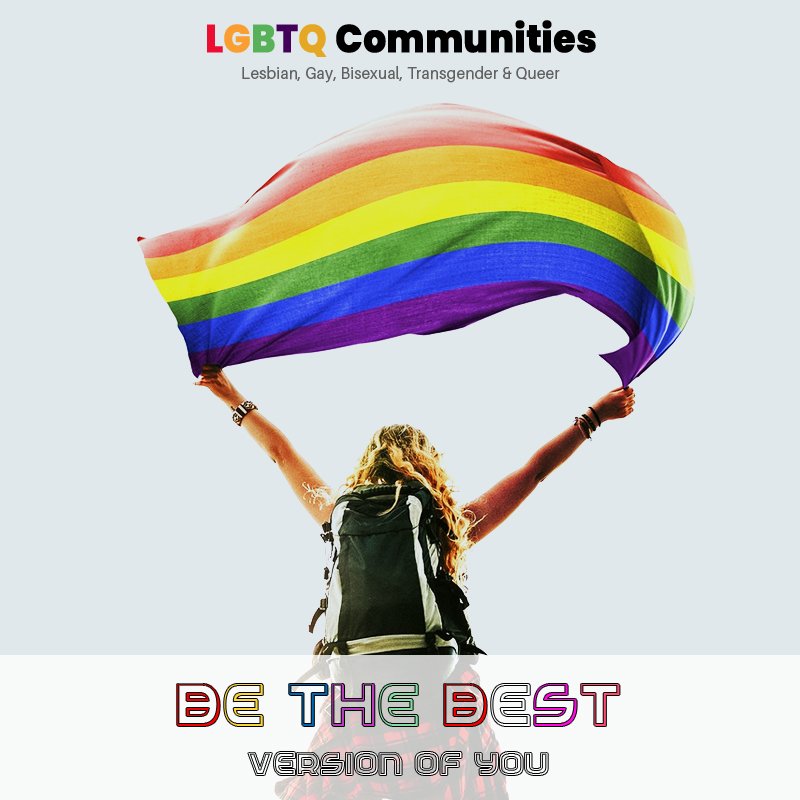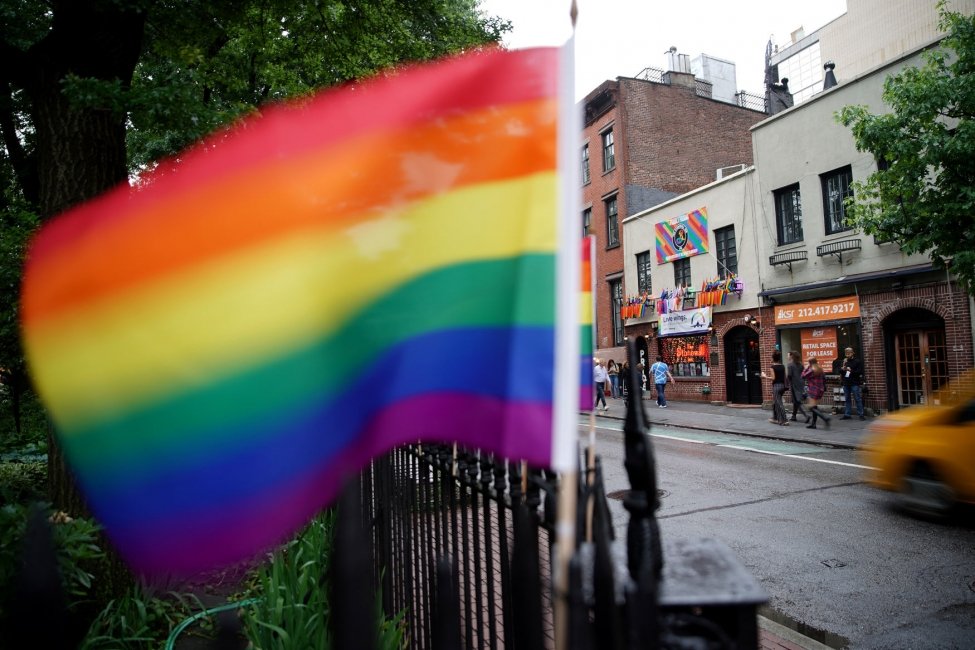Number of LGBTQ elected officials in U.S. hits new high
The report also found the number of openly LGBTQ Communities mayors increased by 35%, while the number of state legislators increased to 160 in June from 147 in June 2019.
The number of openly LGBTQ+ elected officials in the United States grew by more than a fifth in the past year, according to a survey published on Thursday, with a record high of some 840 gay, lesbian, bi and trans people in office across the country.

The report from the LGBTQ Victory Institute comes as an historically high number of gay and trans people – more than 880 – are running for office this year, the U.S. political advocacy group said.
“When LGBTQ Communities elected officials are in the halls of power, they change the hearts and minds of their lawmaker colleagues, defeat anti-LGBTQ bills and inspire more inclusive legislation,” said former Houston Mayor Annise Parker, the group’s president.
Among the most high-profile LGBTQ+ candidates in recent months was Pete Buttigieg, the former mayor of South Bend, Indiana who was the first openly gay man to run as a mainstream candidate for the White House.
Buttigieg won the 2020 Iowa caucus and placed second in the New Hampshire primary, but his campaign lost traction and he bowed out of the race in March.
In New York, two openly gay Black candidates are on track to win seats in the U.S. Congress, a first for the nation.
Democrat Mondaire Jones has declared his victory following a party primary in a New York suburb, and fellow Democrat Ritchie Torres is favored to represent the South Bronx neighborhood in Congress next year.
Last year, 698 openly LGBTQ Community people held U.S. elected office, according to the Victory Institute, an increase of 25% compared with June 2018. This June, the number rose to 843, it said.
Despite this progress, advocates noted that gay and trans people hold 0.17% of elected positions nationwide while making up 4.5% of the U.S. adult population.
“The numbers in this report show LGBTQ political power is growing rapidly,” said Parker in emailed comments.
“But it also demonstrates the daunting representation gap that we must close and is a call-to-action for all in our community to consider a run for office.”
The Victory Institute found bisexual representation increased by 53% in the last year, while the number of trans women elected officials grew by 40%, although there was no increase in trans men voted into office.
The report also found the number of openly LGBTQ+ mayors increased by 35%, while the number of state legislators increased to 160 in June from 147 in June 2019.
Last year’s surge is part of a longer nationwide trend, according to the Victory Institute, with an 88% increase in openly LGBT+ elected officials since November 2017.

